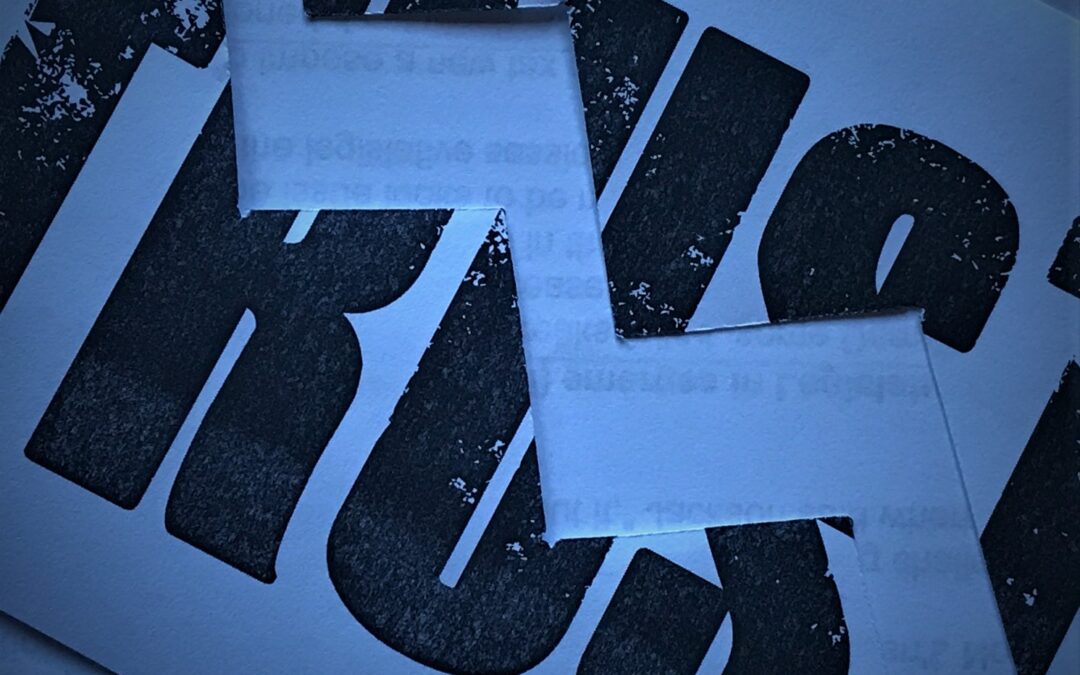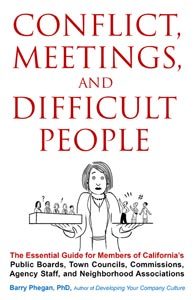 While we are toppling monuments, let’s topple the biggest obstacle to equality — our adversarial public decision process. It enables the powerful, disenfranchises the weaker, fosters divisiveness, and destroys trust.
While we are toppling monuments, let’s topple the biggest obstacle to equality — our adversarial public decision process. It enables the powerful, disenfranchises the weaker, fosters divisiveness, and destroys trust.
How dare I question this sacred cow of American democracy!
Please let me explain.
Assembled from Defective Parts
Our legalistic adversarial public decision process has deep roots in our revolutionary history. Our Founding Fathers structured the fledgling nation from available tools, the cultural processes and procedures they knew and assumed were essential and universal to manage power and authority.
The Magna Carta (1215) was an early fumbling attempt to manage power by limiting the king’s absolute authority. 563 years later came an upgraded version, the Constitution of the United States (1778). Both trusted that signers follow their agreement. But humans don’t always do what they say — as we see with the current Supreme Court nomination. Elected leaders saying one thing, then doing another, expose democracy’s Achilles’ heel.
Fragile Democracy
To survive, democracy needs people’s trust, faith, and agreement to abide by the rules and follow basic social assumptions about truth, fairness, and purpose. Structure alone cannot guarantee democracy. When underlying assumptions are pushed aside, democracy itself is threatened. We see now how quickly that happens.
Our Founding Fathers attempted to prevent this. They structured a three-cornered stool where Congress and the Supreme Court would constrain any natural tendency of a President to acquire and abuse power and authority. I assume our founders knew that even this counterbalancing authority structure relied on agreement to keep the legs separate and stable. When the three legs collude and become one, stability is gone. The constraints on power then disappear and we move towards dictatorship. That’s deeply scary.
Total War
These threats to democracy are nothing new. But the Internet’s rapid flow of information made the current challenge sharply clear. It enabled deep tribal polarization that began well before Newt Gingrich declared ‘total war’. “One nation under God” no longer applied.
Unfortunately, in war, the first casualty is truth. In battle it’s foolish to reveal your position, to listen and reflect, to build understanding and consensus. In war, you do whatever will gain you power and position. But when a nation’s leaders see the democratic process as war, their lies and deception dissolve public trust. That is a terrible loss — and it’s where we’ve arrived.
Structuring Anti-democracy
By stuffing the Supreme Court, gerrymandering political boundaries, restricting voting, rewriting government agency reports for political gain, creating fictitious worlds, stoking fear and division, and defining negotiation as weakness, our current leaders undermined democracy’s foundation of trust and faith.
I feel drained and irrelevant when our elected leaders seek only personal gain, not our common good. As the Senator explains in the 8-3-2020 New Yorker cartoon, “I abhor his despicable tweets, but I’m not going to abandon my core principles: keeping the base happy and getting reëlected.”
Responding Appropriately to the Situation
Perhaps I’m getting a tiny glimpse of the alienation and disenfranchisement that’s powering the Black Lives Matter and Defund the Police movements. Until recently I felt that our institutions supported me. Now I’m not so sure.
I believe my local Congressman and Senator speak honestly and support the public good. But they live in the system that does not. As I asked in my last blog, “Can I be just in an unjust world?” now I ask, “Can my representatives be open and honest when the game is war?”
Should they be?
With our adversarial discussion and conflict resolution process escalated to total war, truth and trust are out the window. Most citizens feel powerless. In desperation, the right looks for a Savior, while the left resorts to protests. The intellectual, talking-heads’ solution is, “Vote the scoundrels out of office.” In November we will see if the electoral process survives the onslaught.
Fighting Is Not Necessary
Either way, I’m fed-up-to-here with our adversarial public decision process. It’s an archaic inheritance from pre-Roman days. Like any cultural assumption, it is neither inevitable nor essential. Other cultures have effective ways to manage public dialog that are more suited to our 2020 needs and technology. Two are already here at home.
Native American Indians and Native Hawaiians each use a non-adversarial public decision process. Curiously, both groups suffer discrimination and prejudice. Perhaps by expanding inclusion and practicing non-discrimination, might we learn from these and other currently disenfranchised groups?
Expanding diversity may bring us more inclusive public decision processes that express the care and love we each long for, and that our nation deserves. I hope so.
Please give me your ideas or suggestions on this or other blogs. I do appreciate your feedback.
Thank you.
me, Barry Phegan
Add Your Name below to my list to know when I have posted a new blog.





